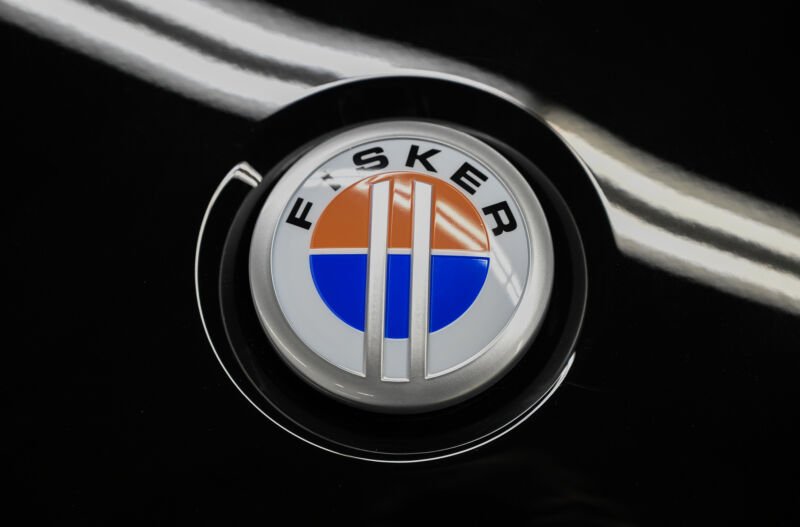
Graham Hughes/Bloomberg via Getty Images
The federal government is looking at a phantom braking problem that appears to be affecting the Fisker Ocean electric crossover. Earlier this week, the National Highway Traffic Safety Administration’s Office of Defects Investigation opened a safety probe into the electric vehicle—its fourth so far. Open investigations are also examining whether the doors can fail to open, in addition to problems with shifting into or out of park and issues with partial braking loss over low-grip surfaces.
The newest preliminary investigation was opened by NHTSA’s ODI after the regulator received eight complaints of alleged inappropriate automatic emergency braking. AEB is one of the more effective new active driver safety systems. NHTSA added it to its list of recommended safety features almost a decade ago, and last month, it published industry standards that will make the feature mandatory on all new cars and trucks, although not until September 2029.
But not every AEB implementation is equal. Both Tesla‘s and Honda‘s systems have suffered from too many false positives, also known as phantom braking, triggering the feature inappropriately, sometimes resulting in that car being crashed into from behind.
NHTSA’s report makes it clear that’s what’s happening here:
The complaints allege the activation of AEB, without an apparent roadway obstruction in the vehicle’s forward path, resulting in sudden vehicle deceleration. This occurs without adequate warning or input from the driver. The braking applications range from momentary, partial application resulting in rapid loss of speed to full application, which brings the vehicle to a complete stop in the travel lane. Three of the complaints alleged an injury.
Last August, Fisker held an event in California to debut an entire range of EVs, including one meant to sell for less than $30,000. Now, less than a year later, it’s unclear how much longer the company will survive. At the end of February, its share price tumbled when it issued a going concern warning, saying that it would not survive the next 12 months without fresh investment.
The startup automaker was in talks with Nissan that would have led to a partnership as well as an infusion of funds for Fisker. But Nissan walked away in March, devaluing Fisker’s stock price even further in the process. Earlier this week, Fisker filed for bankruptcy for its Austrian division.